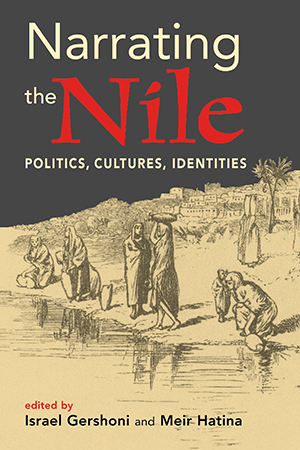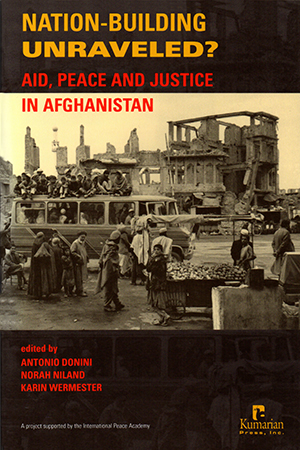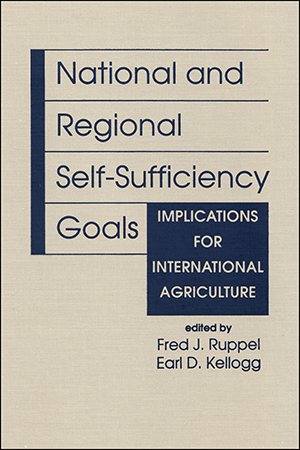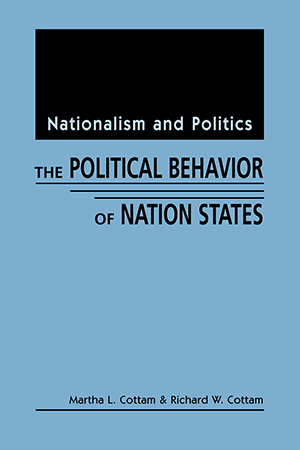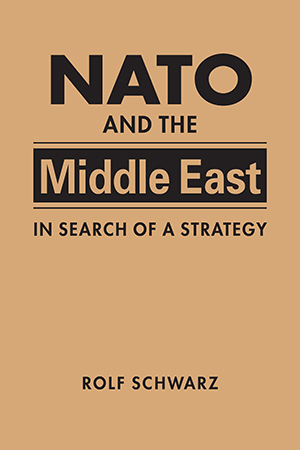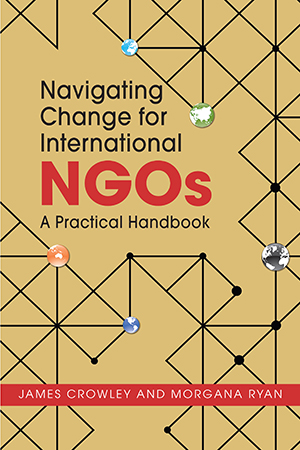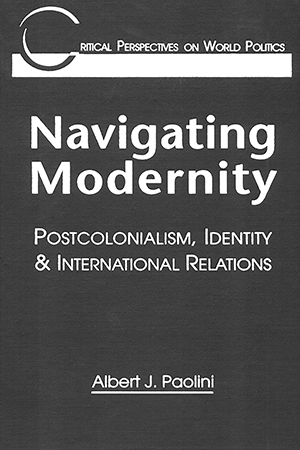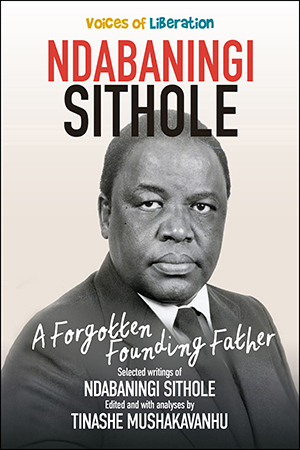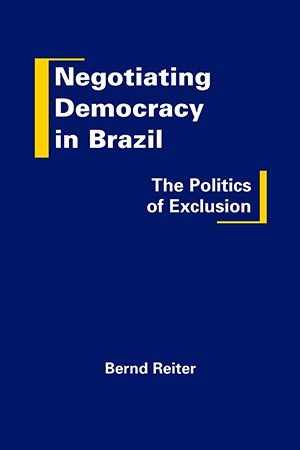BOOKS
The authors of Narrating The Nile seek to encourage the study of Egypt, Sudan, and Ethiopia not only as autonomous entities, but also as part of the Nile region, a shared theater of More >
Using Afghanistan as an illustrative case, Nation-Building Unraveled? offers insiders’ perspectives on how emerging international practices are affecting the roles, policies, and More >
The drive for agricultural and food self-sufficiency in countries throughout the world has become an important topic in international political discussions. This book uses a basic economic More >
The Arab-Israeli conflict in general and the Palestinian intifada in particular have given rise to a wave of critical reappraisals of the Israeli experience—reappraisals that More >
As nationalism increasingly captures our attention through its impact on intercommunal violence and even the stability of states, this fresh look at the phenomenon plumbs an important aspect More >
Over the course of more than seven decades, NATO has sought, but not settled on, an effective strategy for interacting with its neighbors in the Middle East and North Africa. Rolf Schwarz More >
How can the managers, the staff, the board members and CEOs of international NGOs best navigate the strategic changes that are needed so that their organizations can work effectively in More >
Placing the debate squarely within the discipline of international relations, Albert Paolini assesses the key personal and political dimensions of postcolonialism—one of the major More >
Seismic shifts in Zimbabwe's politics since the 2017 demise of Robert Mugabe have generated renewed interest in Ndabaningi Sithole, the first president of the Zimbabwe African National More >
Do societal inequalities limit the effectiveness of democratic regimes? And if so, why? And how? Addressing this question, Bernd Reiter focuses on the role of societal dynamics in More >



